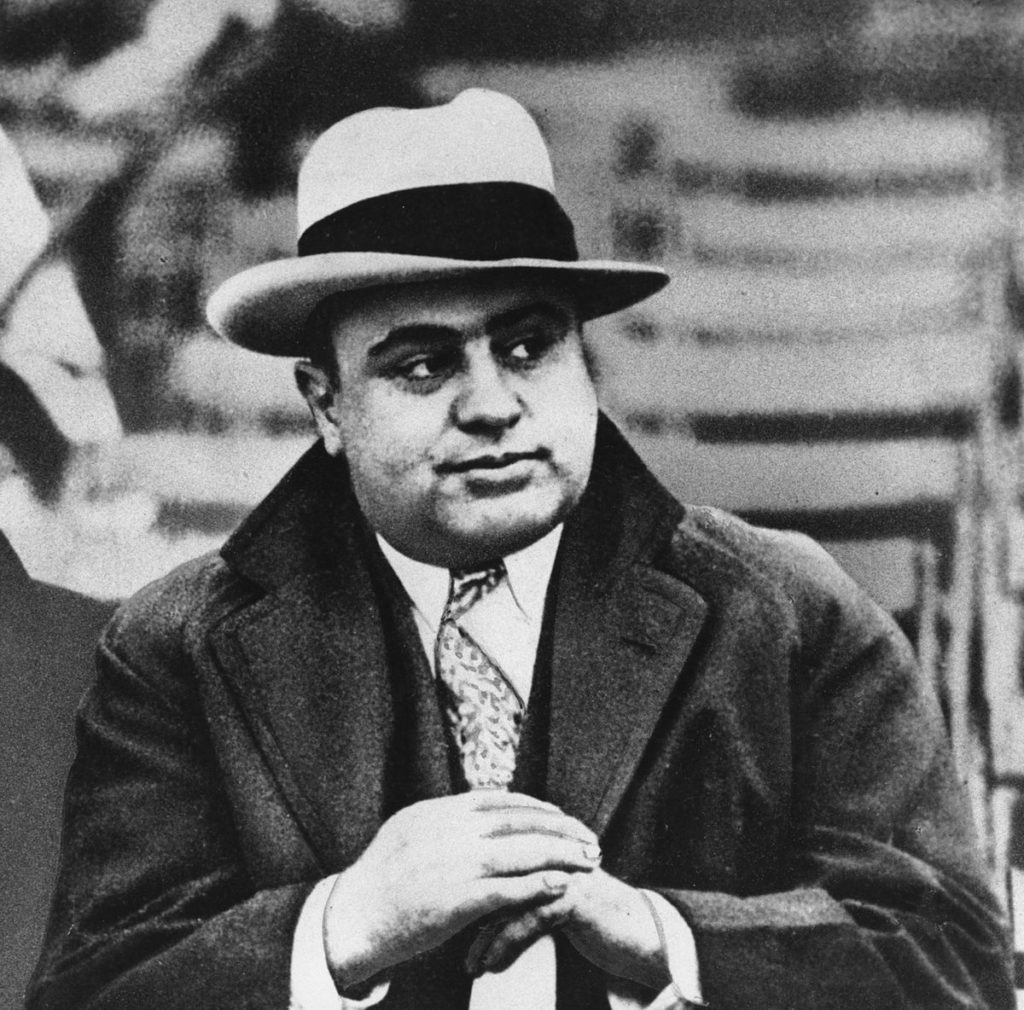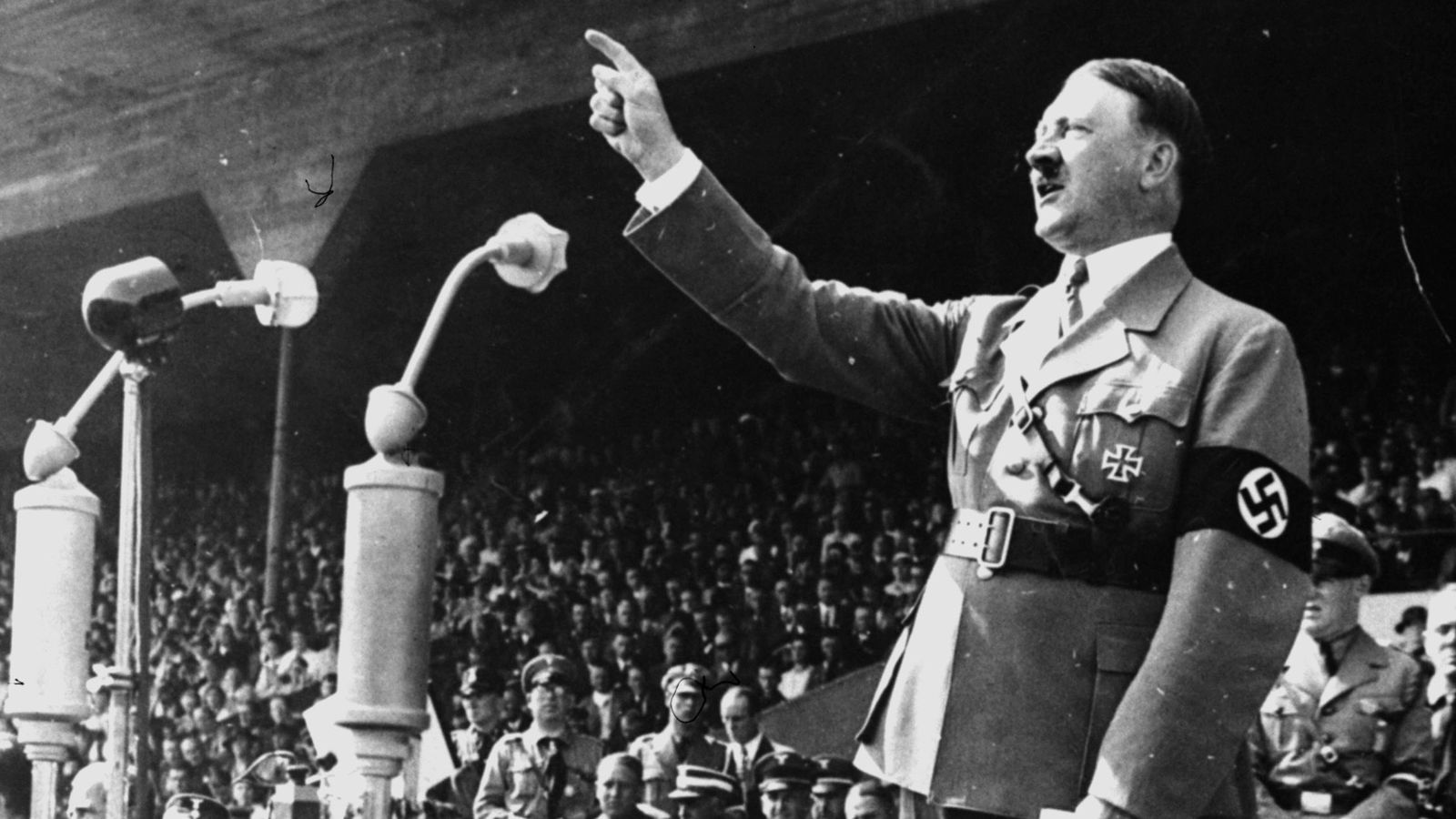The new CEO of Twitter has declared war on free speech and will focus his company’s resources on more censorship, in the name of “healthier public conversation.”
Twitter announced on November 29 that Parag Agrawal, the company technology officer (CTO) will replace Jack Dorsey as the CEO. This regime change apparently will not bring more democracy to the internet. Quite the opposite. In an interview with Technology Review last year, Agrawal quite unabashedly endorsed censorship.
Check out this Q/A with the interviewer from Technology Review, Gideon Lichfield:
You’re caught in a bit of a hard place as somebody in the audience is also pointing out, that you’re trying to combat misinformation, you also want to protect free speech as a core value, and also in the U.S. as the first amendment. How do you balance those two?
-Lichfield
Our role is not to be bound by the First Amendment, but our role is to serve a healthy public conversation and our moves are reflective of things that we believe lead to a healthier public conversation.The kinds of things that we do about this is, focus less on thinking about free speech, but thinking about how the times have changed [emphasis mine].
-Agrawal
Times have changed indeed. But Agrawal’s ideas are not new. He would have felt right at home as an employee in Hitler’s ministry of propaganda. Agrawal is endorsing a dangerous school of thought which is further amplified by the corporate media. Corporations increasingly believe that the US Constitution does not apply to them, which is a reversal of historic proportions. Constitutional limits on power apply equally to public and private entities. An employer cannot fire his employees for being gay and a property owner cannot deny housing to a black or Jewish couple. Even private property can be considered a public space when it meets certain criteria. For example, people are allowed to hold a protest on a sidewalk or a shopping mall. For free speech purposes, those places are considered “public” even when they were technically built with private funds.
Ethically, free speech is the same in the digital age as it is in the mediums of print and spoken word. A person writing a newspaper with his own thoughts cannot be compelled to say one thing or the other. Likewise, a person standing on a soapbox cannot be compelled to say one thing or the other. A newspaper is a publisher, and a soapbox sitting on the sidewalk is a platform. A publisher can’t be forced to say things, and a platform cannot be denied to people.
Is Twitter a publisher, or a platform? Apparently, Twitter wants to be both at the same time, swapping one label for the other when it is convenient. Social media corporations don’t want to be liable for illegal content posted to their platforms but simultaneously want the right to censor whomever they please.
One of the changes today that we see is speech is easy on the internet. Most people can speak. Where our role is particularly emphasized is who can be heard. The scarce commodity today is attention. There’s a lot of content out there. A lot of tweets out there, not all of it gets attention, some subset of it gets attention. And so increasingly our role is moving towards how we recommend content and that sort of, is, is, a struggle that we’re working through in terms of how we make sure these recommendation systems that we’re building, how we direct people’s attention is leading to a healthy public conversation that is most participatory.
-Agrawal
Here Agrawal is lying, and he knows he’s lying. Let’s step back and look at the big picture. Remember when Instagram first came out? Why did people love it so much? Instagram was simple, had an innovative user interface, but most of all, it was fair. Instagram came out long after Facebook and Twitter, making it the only fair platform amongst its competitors. Even an unknown artist could create an Instagram account and immediately get a large audience. Liars like Agrawal want us to believe that there is too much content to be evenly distributed. Twitter, Facebook, YouTube, and now Instagram (owned by Facebook) are all peddling the same lie of artificial scarcity. Remember what causes scarcity. For example, there is enough food on Earth for everyone. The reason people go hungry is a failure in the supply chain. People in one region will have more food than they could ever eat and throw half of it away. Meanwhile, people in another region have no food at all.
There are logistical complexities to a digital platform, but it is simply a matter of building more servers and hiring more staff. Platforms like Twitter and Instagram shouldn’t change in concept whether there are a million users or a billion. If I create an account and follow a thousand people, I should, in theory, see all of their content in chronological order. If I click on a hashtag, I should see all of those posts in chronological order too, regardless of who made them. But of course, that’s not what happens, is it? Social media platforms tend to start with chronological feeds, but eventually turn into a dumpster fire of toxic algorithms. We see the same handful of posts over and over again, many of them from pages we don’t even follow. As a publisher on Twitter or Facebook, you’re lucky if even 1% of your followers ever see your content.
Why does Agrawal deliberately make it difficult for people to see content that they want? There are two reasons. The first and most obvious one is money. Larger companies who pay for sponsored “boosting” get more eyeballs on their content. The algorithms are also a form of blackmail. If you don’t pay, the vast majority of your own followers won’t even see you. Twitter is a polite protection racket, like the gangsters of the American Prohibition Era.

At least greed is predictable. Perhaps their second motivation is even more insidious. Agrawal was born too late to be in the Waffen-SS, so apparently, he’s doing the next best thing. In his own words, deciding “who can be heard.” And who cannot be heard.
Ian Kummer

All text in Reading Junkie posts are free to share or republish without permission, and I highly encourage my fellow bloggers to do so. Please be courteous and link back to the original.
I now have a new YouTube channel that I will use to upload videos from my travels around Russia. Expect new content there soon. Please give me a follow here.
Also feel free to connect with me on Quora (I sometimes share unique articles there).


